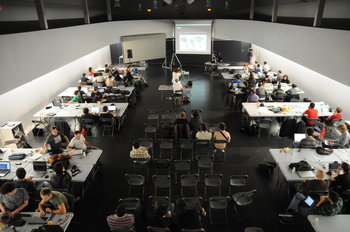
Fundamental
Something that is literally impossible based on first principles in areas such as physics, chemistry, biology or economics.Technical
Something that is impossible based on the capabilities of a particular tool, machine, system or platform. Technical feasibility also includes the question of whether a solution can be found that meets requirements or solves a technical problem.Organizational
The realistic limits of an organization based on its current capabilities and culture. For example, something that is feasible for your strongest competitor may not be feasible for you.Skills
Access to the skills required to execute a plan.Resources
The ability to secure resources such as procurement of parts.Logistical
The ability to pull things together such as people, facilities and supplies such that everything is where it needs to be at the right time.Financial
Financial feasibility is mostly about cost and benefits. A project may be prohibitively expensive or may have an unattractive return on investment.Markets
Market conditions such as the demand for a product or service in a particular city.Competition
The potential for competition to disrupt your plans. For example, it may be feasible to launch an improved product but it may not be feasible to launch it before the competition improves their product.Customers
The needs, preferences and knowledge of a customer base, target market or target audience. For example, the feasibility of migrating banking customers to self-service tools.Legal
Legal risk and compliance to laws and regulations.Schedule
The feasibility of meeting a deadline or completing something fast enough to meet your objectives.Design
The feasibility of a design. For example, a feasibility study to test new materials for an aircraft design.Operational
The feasibility of day-to-day processes. For example, the feasibility of operating an unusually large aircraft at airports around the world.| Overview: Feasibility | ||
Type | ||
Definition | The degree to which something is possible. | |
Related Concepts | ||













